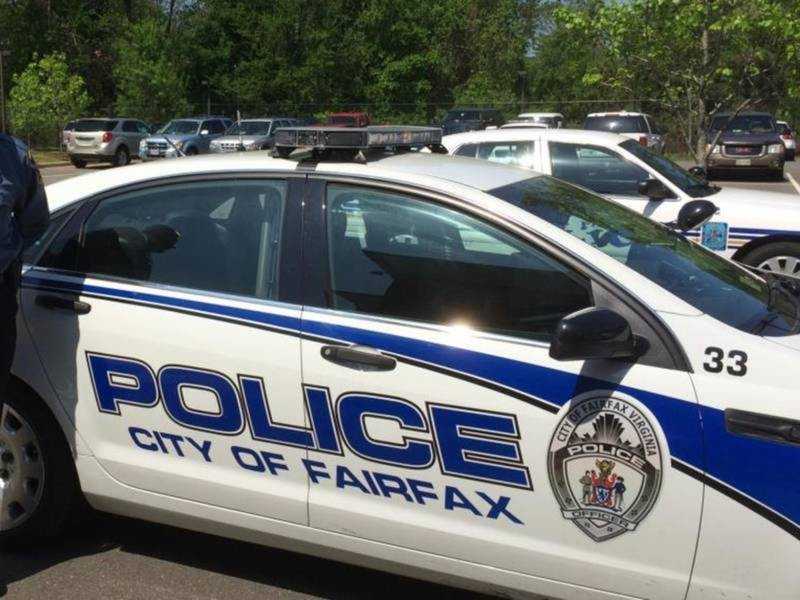A Fairfax County judge on Monday ordered the Fairfax County police to stop maintaining a database of photos of vehicle license plates, with the time and location where they were snapped, ruling that "passive use" of data from automated license plate readers on the back of patrol cars violates Virginia privacy law.
The ruling followed a related finding by the Virginia Supreme Court last year, meaning the case could affect how long -- if at all -- Virginia police can keep license plate data. The ruling by Fairfax Circuit Court Judge Robert J. Smith is a victory for privacy rights advocates who argued that the police could track a person's movements by compiling the times and exact locations of a car anytime its plate was captured by a license plate reader. Fairfax County Police Chief Edwin C. Roessler Jr. said Monday night that he would ask the county attorney to appeal the ruling.
The issue represents another front in the ongoing conflict over the use of emerging technologies by law enforcement. Police say they can, and have, used license plate location data to find dangerous criminals and missing persons. Privacy advocates don't oppose the use of the technology during an active investigation, but they say that maintaining a database of license plate locations for months or years provides too much opportunity for abuse by the police. Last month, the ACLU disclosed that the federal Immigration and Customs Enforcement agency was tapping into a vast, national database of police and private license plate readers. Such private databases remain unregulated.


